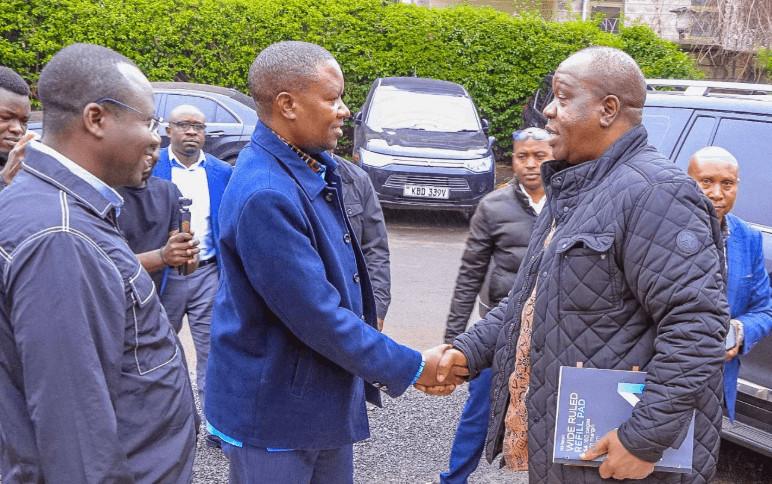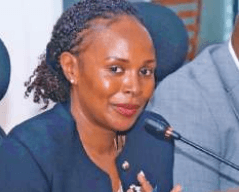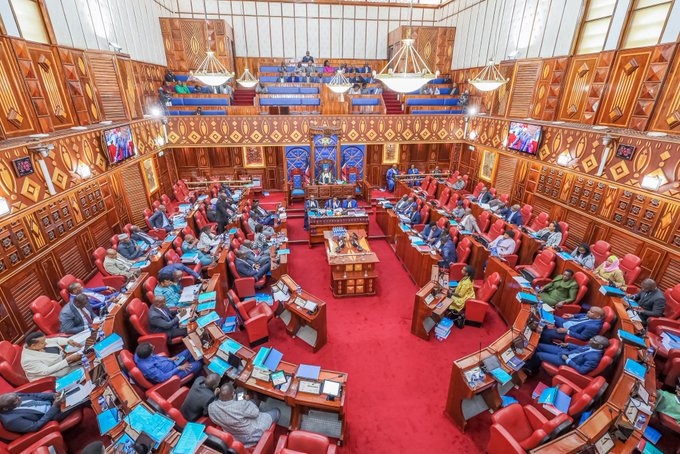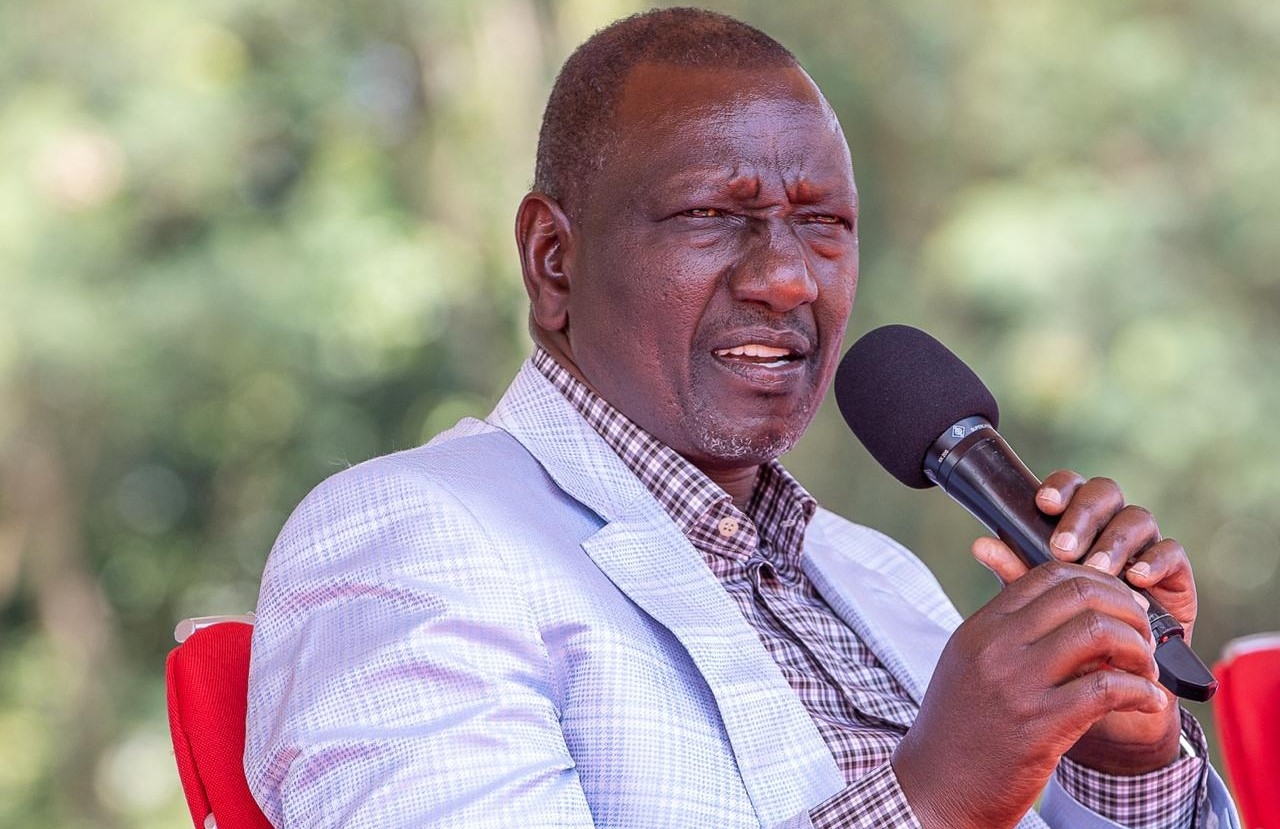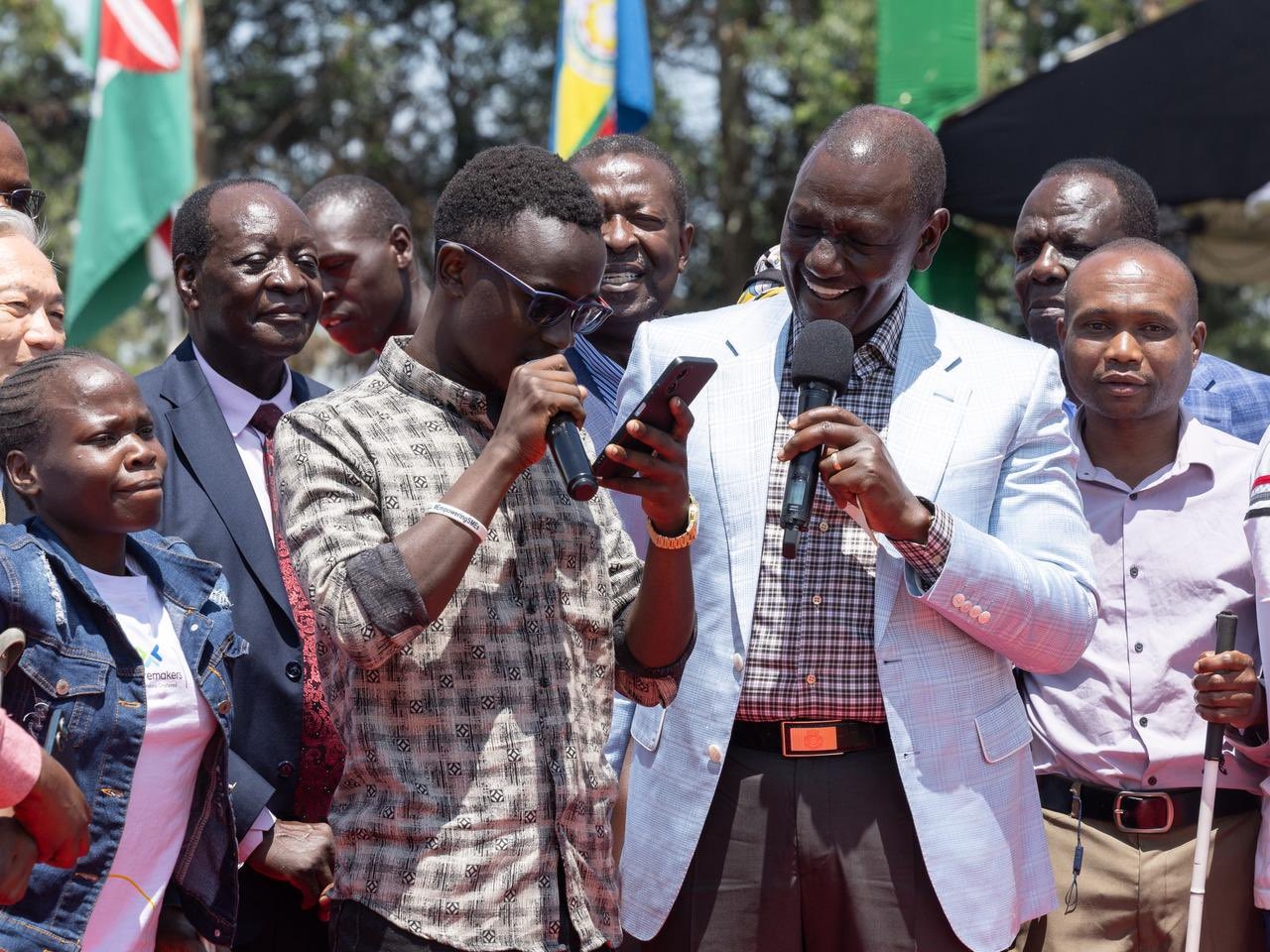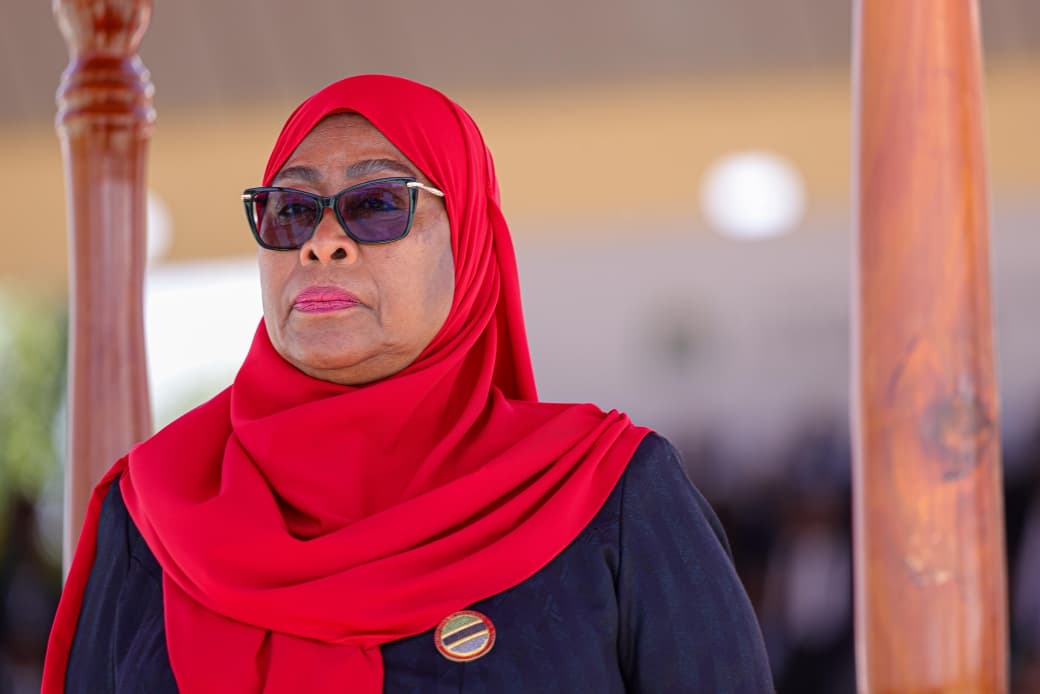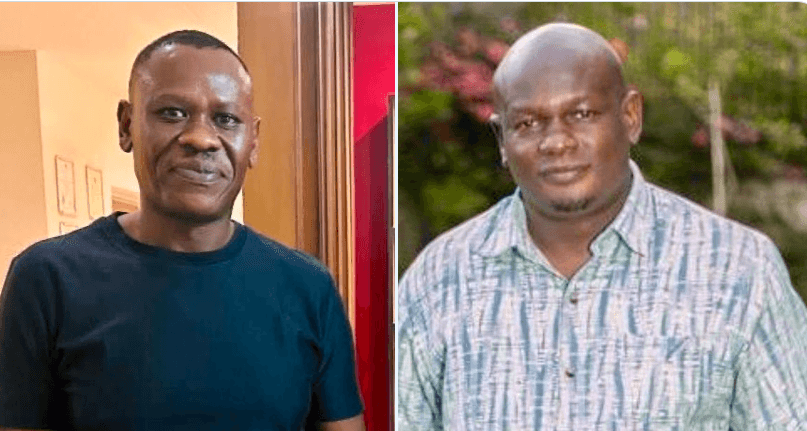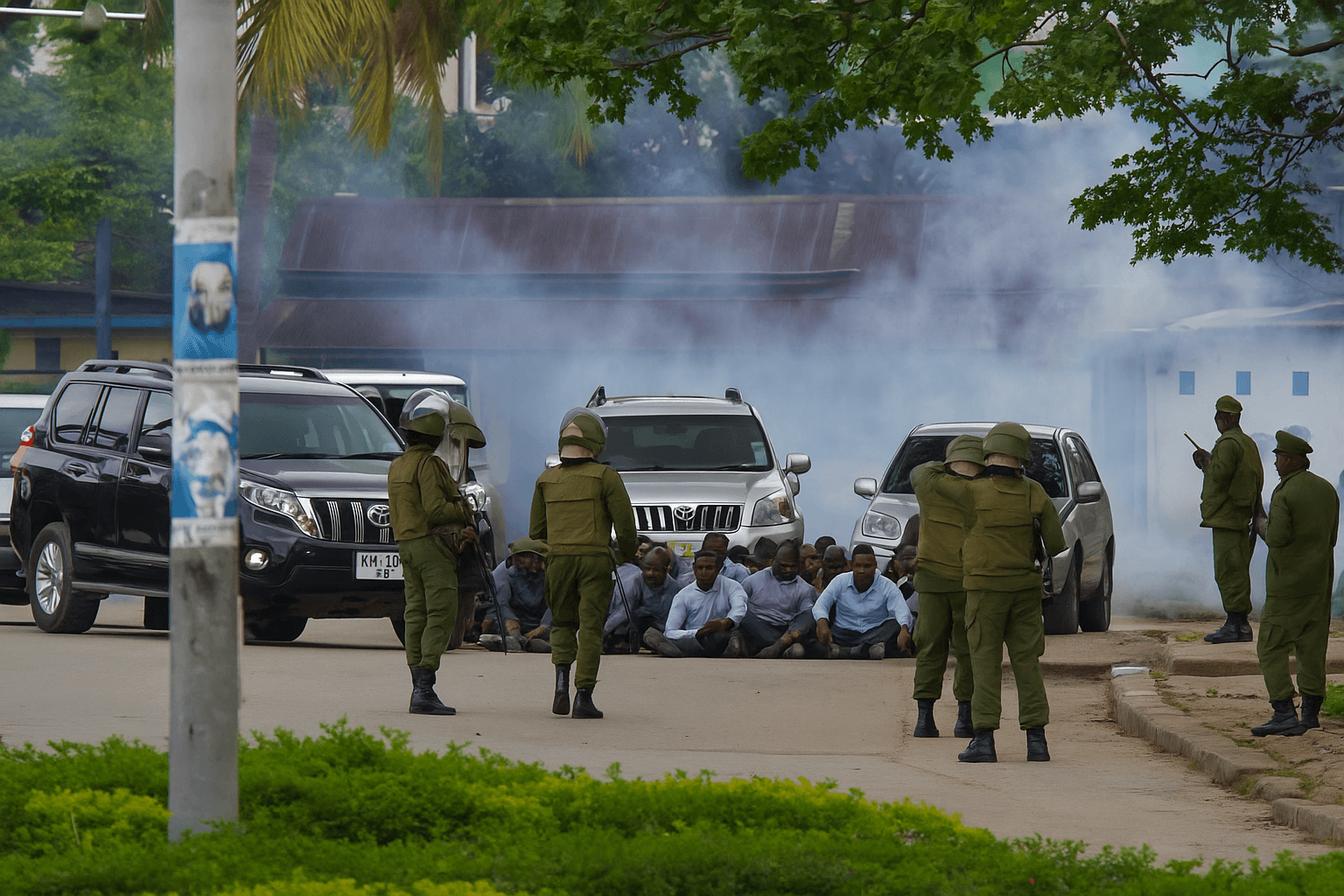Claims have emerged that the production of the BBI bill could have been handled by different printers allegedly contracted by the state printer.
Members of the parliamentary joint committee intimated to the Star that the team was informed government printer could have contracted several entities for mass production of the document.
The printers puzzle was among the dozens of questions MPs sought to get a way forward on the BBI bill. The joint Senate and National Assembly committee said only 11 counties debated the correct BBI bill.
At least 32 county assemblies received a bill with typographical errors, which the committee said will not affect the outcome of the BBI process.
Multiple sources at the committee pointed to the possibility of the errors emanating from the entities that were contracted to print copies of the bill.
Kenyans, however, lamented supply shortages of the Constitution amendment bill – the same being driven under a popular initiative.
“Among the questions we explored were: which printer printed which bill? Why did Government Printer contract other entities to print?” a lawmaker told the Star on Friday.
The other concern by members was: “Why didn’t the contracted printers follow government printers’ protocols?”
Calls and text message to the Interior ministry for response to the claims were unanswered by the time of press.
Electoral agency IEBC on Thursday said it first received six printed copies of the draft bill and supporters details, being signatures, on December 10, 2020.
On January 26, the commission requested the Building Bridges Initiative promoters for additional printed copies for transmission to the county assemblies.
“On the same date, the BBI promoters delivered to the commission 57 printed copies of the bill out which the commission submitted 47 copies to the county assemblies,” IEBC chairman Wafula Chebukati said in a statement.
BBI secretariat co-chairperson Dennis Waweru said only one version of the bill was circulated, saying minor errors on it can be corrected.
“Those who are trying to sabotage this process should be investigated. We urge the DCI to move with speed and get the culprits to book,” the former Dagoretti MP said.
In the face of the confusion, the questions the committee grappled with surrounded the difficulties of knowing what bill was drafted, which one went to what county, what bill was tabled in Parliament – Senate and National Assembly.
The quagmire, the sources indicated, was which version of the bill was the committee to consider and report to the whole House on.
“The puzzle is that being that all could be totally different documents, then, what bill should the joint committee consider?”
The team also explored the question of the identity of the promoters, being a bill touted to be coming from a popular initiative.
JLAC also explored the role of Parliament and the latitude it has in terms of “editing” with a focus on who corrected the bill that came to Parliament.
In this, the quest was to identify when the supposed corrections were done, with what authority and why the same was not done for the bill that went to the Senate.
The committee also grappled with the place of the opinion of the experts that were contracted to advise the team on dealing with the corrections.
Another outstanding issue was the legality of the second schedule amid arguments it elevates the 70 new constituencies to ‘protected’ status.
Of concern is what the approval would mean for the existing 290 constituencies that are not granted protection in the BBI.
The BBI bill, however, protects the special constituencies that were created during the 2012 boundaries review.
Also pondered on was whether the error of reference to 89 (7) yet stated as 87(7) was just a simple typo or “a pointer to the whole drafting train smash that is BBI”.
MPs were also at a crossroads on whether the committee should take the expert opinion as is and craft the report from it.
During their presser, the committee denied having disagreed on the issues saying they reached an agreement and now leaves the report in the hands of MPs.
“As a team, we have collegially agreed with the content of the report that has been prepared today and will forward the same to the speakers with our observations,” Nyamira Senator Okong’o Omogeni said.
The joint committee co-chair allayed fears there were saboteurs in the committee, saying all of them were facilitators of the process.
Siaya Senator James Orengo said the task was challenging. “The report speaks for itself. I’d advise we wait for the speakers to receive the report and make it public.”
Navakholo MP Emmanuel Wangwe said the questions Kenyans have been asking will be answered when the document is published.
Muturi Kigano – co-chair of the committee – said all the senators and MPs who were at the committee signed the report which covers the bill and the observations.
“The BBI will not flop. Of course, there may be issues between members but that has not caused any disagreements or failed to reach an understanding,” the Kangema MP said.
He dismissed assertions that there were two versions of the bill, “although there could be errors here and there.
“An error that does not go to the root or substance is correctable…ordinarily you look at the intention of the legislation, not the format,” Kigano said.


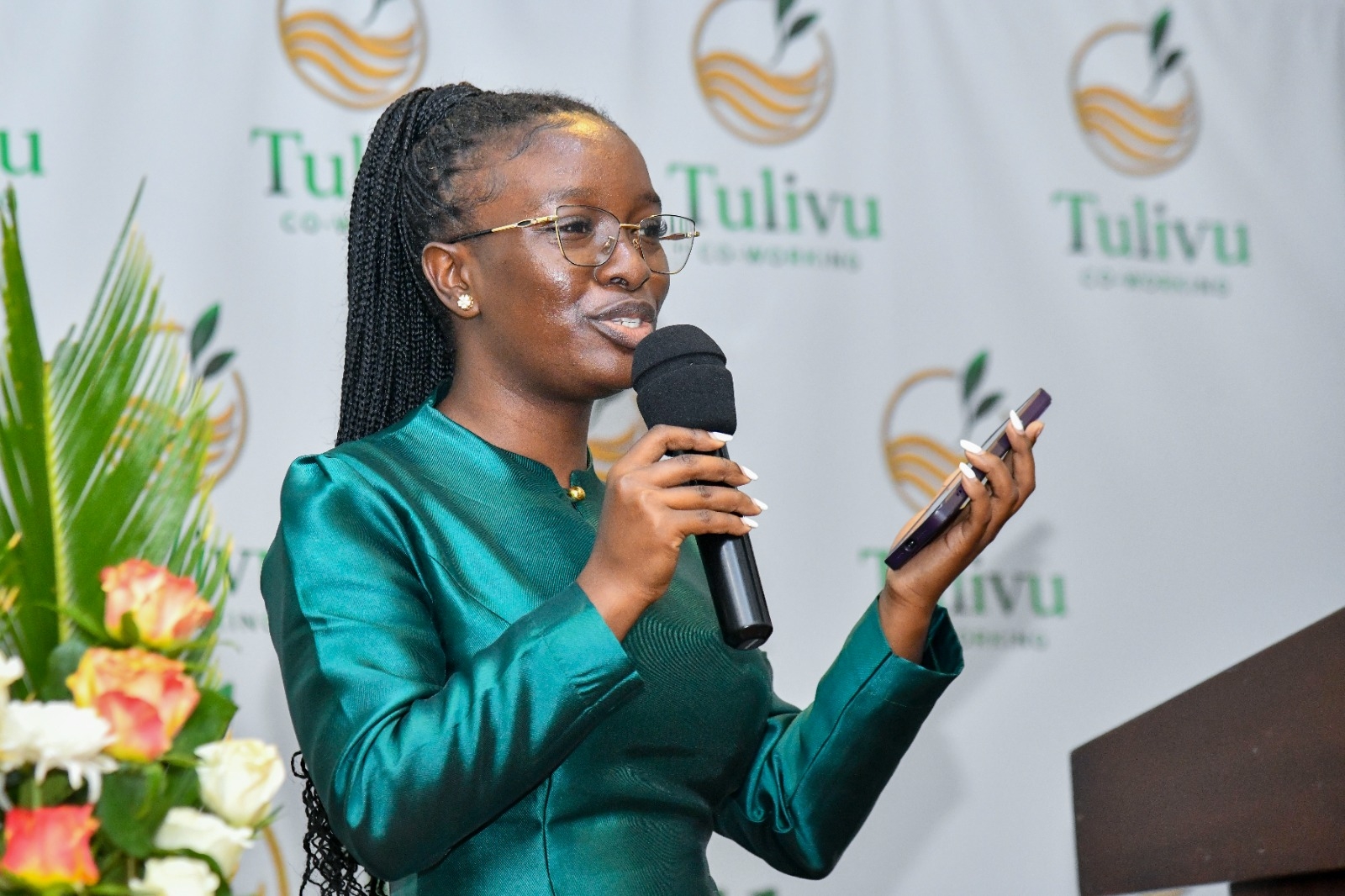
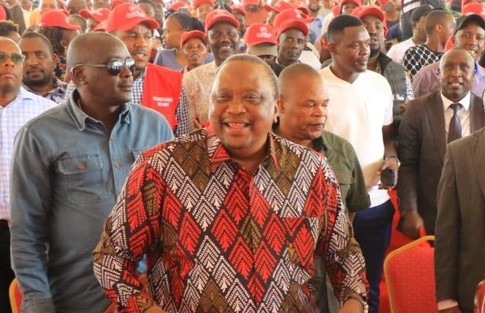
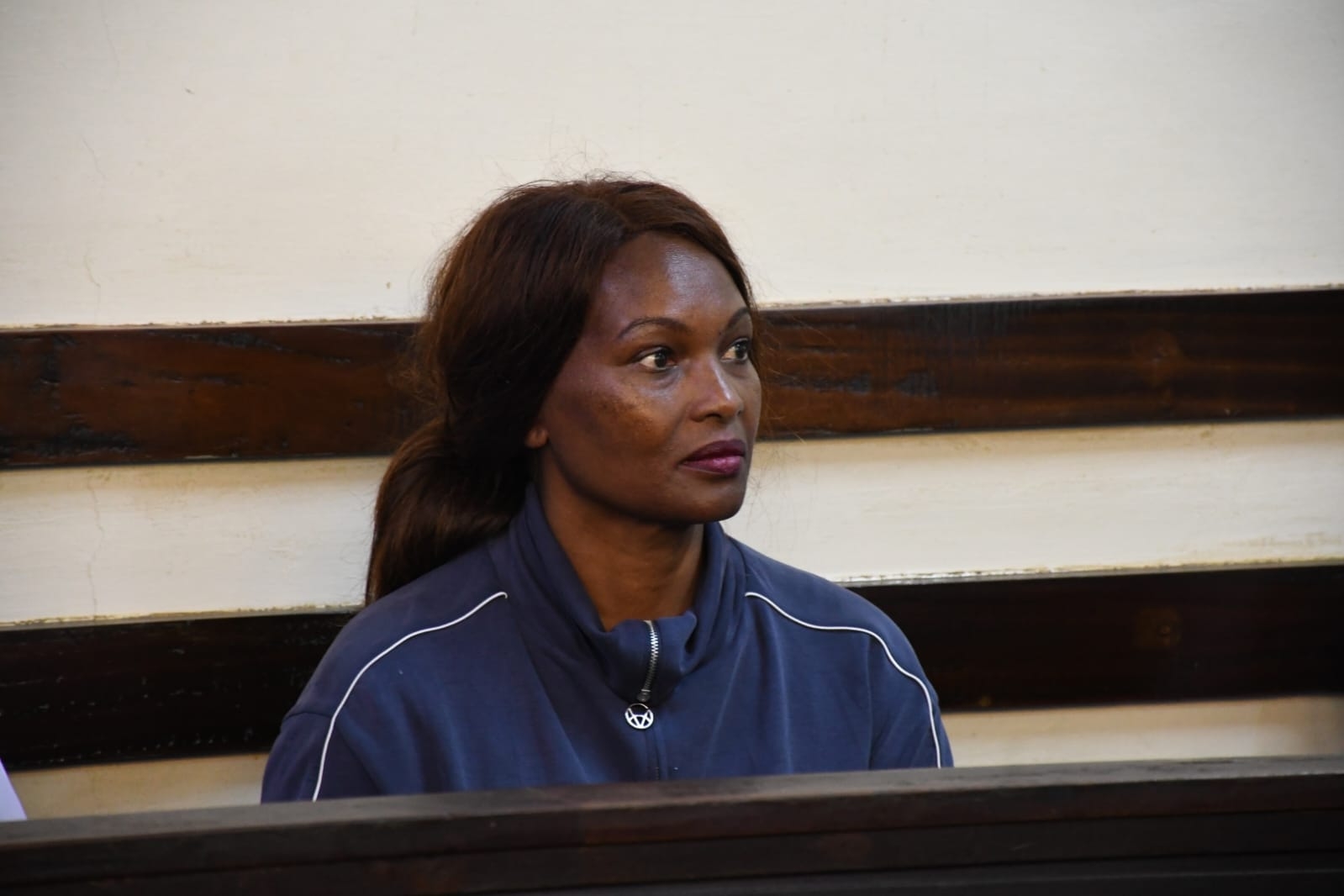
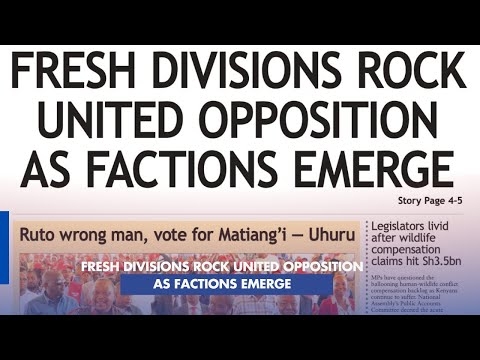
![[PHOTOS] Uhuru leads Jubilee grassroots meeting in Murang’a](/_next/image?url=https%3A%2F%2Fcdn.radioafrica.digital%2Fimage%2F2025%2F11%2F0b2a49cd-52fb-4a92-b9dc-26e253825a4a.jpeg&w=3840&q=100)
